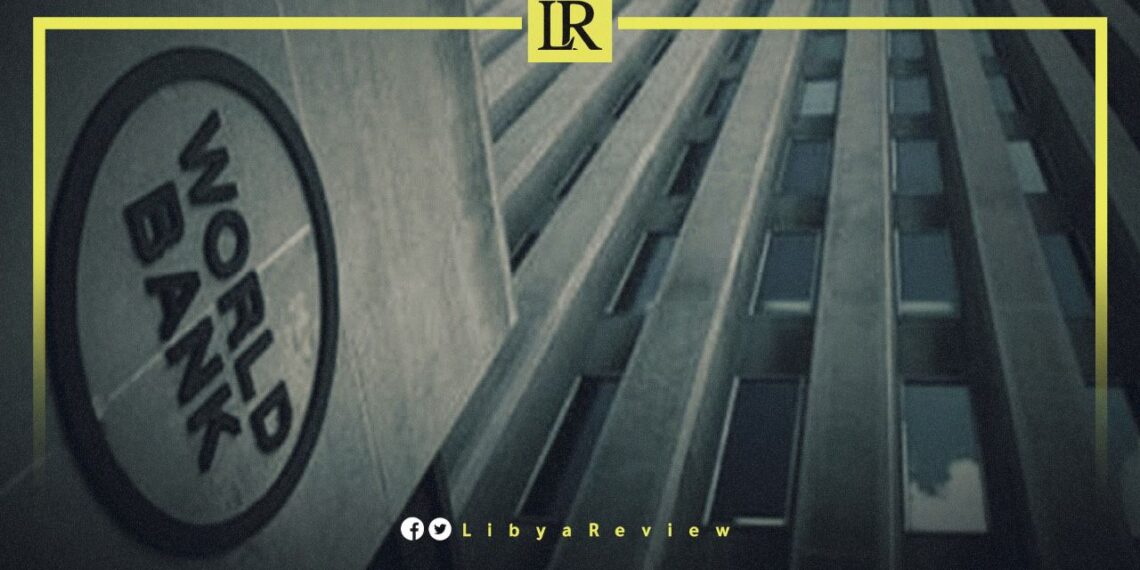The World Bank anticipates a 4.1% growth in Libya’s economy in 2024, and a 4.3% increase in 2025, as revealed in its latest report on Global Economic Prospects released on Wednesday.
The Bank’s forecast for the Middle East and North Africa (MENA) region indicates an increase in growth to 3.5% in 2024, maintaining this rate in the following year. The report highlights the challenges faced by countries in the MENA region due to natural disasters, and the escalating severity of climate change, which adversely affect growth.
For oil-exporting countries in the region, a decrease in oil prices or demand could result in limited production, and potentially prolonged production cuts. In contrast, oil-importing nations may face weakened growth prospects, due to tightening global financial conditions, necessitating significant external financing.
This projection sheds light on the varied economic landscapes within the MENA region. It underscores the challenges and opportunities faced by these economies, particularly highlighting Libya’s potential growth amidst regional economic dynamics. The report offers critical insights for policymakers and investors into the economic trajectories of Libya, and its neighbours.
Libya has been in chaos since a NATO-backed uprising toppled longtime leader Muammar Gaddafi in 2011. The county has for years been split between rival administrations.
Libya’s economy, heavily reliant on oil, has suffered due to the ongoing conflict. The instability has led to fluctuations in oil production and prices, impacting the global oil market and Libya’s economy.
The conflict has led to a significant humanitarian crisis in Libya, with thousands of people killed, and many more displaced. Migrants and refugees using Libya as a transit point to Europe have also faced dire conditions.
The planned elections for December 2021 were delayed due to disagreements over election laws and the eligibility of certain candidates. This delay has raised concerns about the feasibility of a peaceful political transition.
Despite the ceasefire, security remains a significant concern with sporadic fighting and the presence of mercenaries and foreign fighters. The unification of the military and the removal of foreign forces are crucial challenges.

